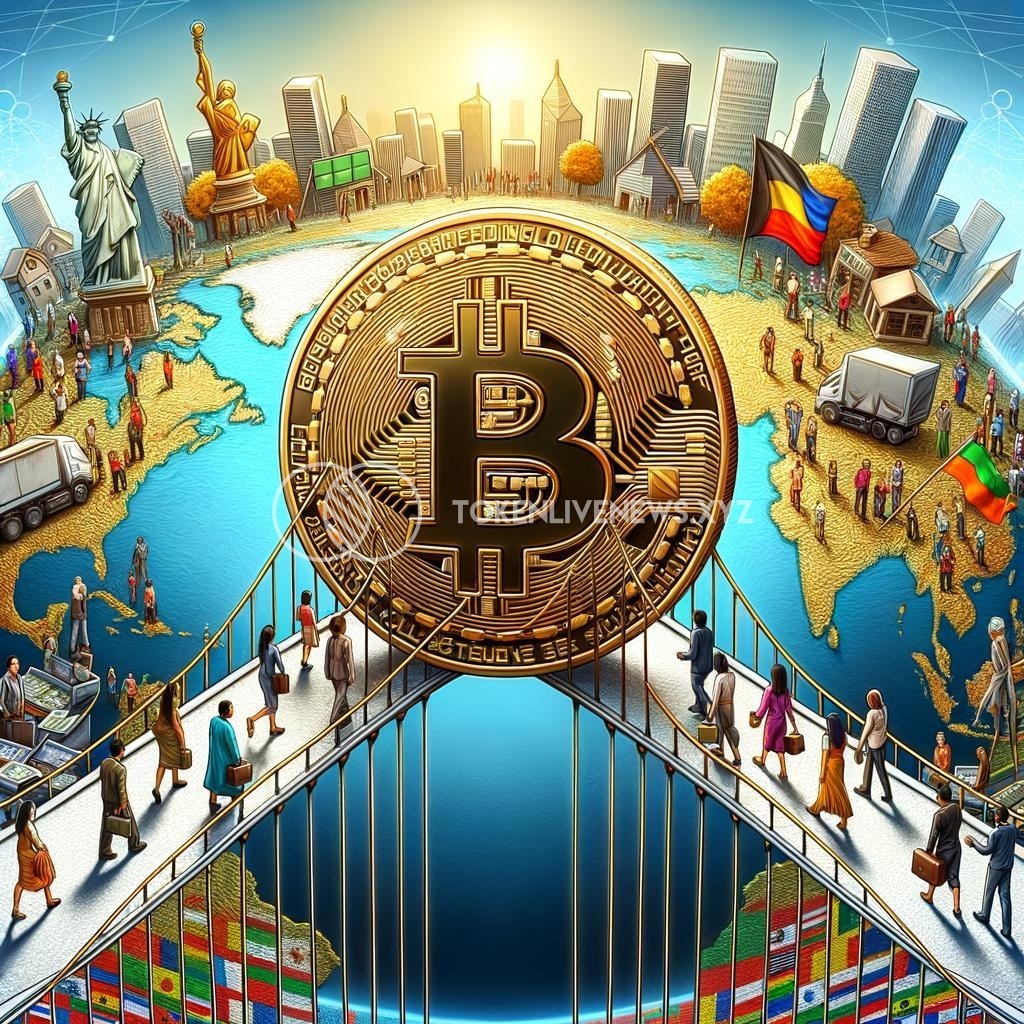Bitcoin has emerged as a groundbreaking financial technology that has the potential to bridge the global divide in the realm of financial inclusion. With its decentralized nature and borderless qualities, Bitcoin has opened up new avenues for individuals who were previously excluded from traditional financial systems. This article delves into the ways in which Bitcoin facilitates financial inclusion and narrows the gap between the developed and developing world.
One of the primary ways Bitcoin bridges the global divide is by providing financial access to the unbanked population. According to the World Bank, around 1.7 billion people do not have access to traditional banking services. For these individuals, Bitcoin offers an alternative means of financial inclusion, allowing them to store, send, and receive money without the need for a bank account. All they need is a smartphone and an internet connection to participate in the Bitcoin network.
Furthermore, Bitcoin enables cross-border transactions at a lower cost and with greater speed compared to traditional remittance services. Remittances, which refer to the money sent by migrants to their home countries, play a crucial role in the economies of many developing nations. However, existing remittance systems often come with high fees and significant delays. Bitcoin eliminates the need for intermediaries, such as banks or money transfer operators, allowing individuals to send money directly to their loved ones overseas. This bypassing of traditional financial institutions not only reduces the cost but also significantly speeds up the transaction time.
Additionally, Bitcoin offers increased financial security and protects users from inflationary pressures. In countries with unstable economies or high inflation rates, individuals tend to seek alternative means to safeguard their wealth. Bitcoin’s limited supply and decentralized nature make it an attractive option for those looking to mitigate the risks associated with inflation. By storing wealth in Bitcoin, individuals can protect their savings from losing value due to excessive money printing or economic instability.
Moreover, the use of Bitcoin can foster economic and entrepreneurial opportunities in underserved regions. Small businesses often struggle to access funding through traditional banking channels due to onerous requirements or lack of credit history. Bitcoin provides an alternative source of financing through crowdfunding platforms or micro-financing initiatives, enabling entrepreneurs to access capital and grow their businesses. This, in turn, promotes economic development and creates employment opportunities in regions that were previously deprived of such prospects.
Despite the numerous benefits that Bitcoin offers in bridging the global divide, challenges remain. The volatility of Bitcoin’s price poses a risk, particularly for those with limited resources. Price fluctuations can erode the purchasing power of those who rely on Bitcoin as a store of value. Additionally, regulatory frameworks and legal uncertainties surrounding cryptocurrencies in different countries can impede widespread adoption and limit the advantages of financial inclusion that Bitcoin presents.
In conclusion, Bitcoin serves as a powerful tool in bridging the global divide when it comes to financial inclusion. By providing access to financial services, facilitating cross-border transactions, offering increased security, and fostering economic opportunities, this groundbreaking technology has the potential to uplift millions from financial exclusion. However, to fully harness its potential, concerted efforts should be made to address its challenges and establish a supportive regulatory environment.







